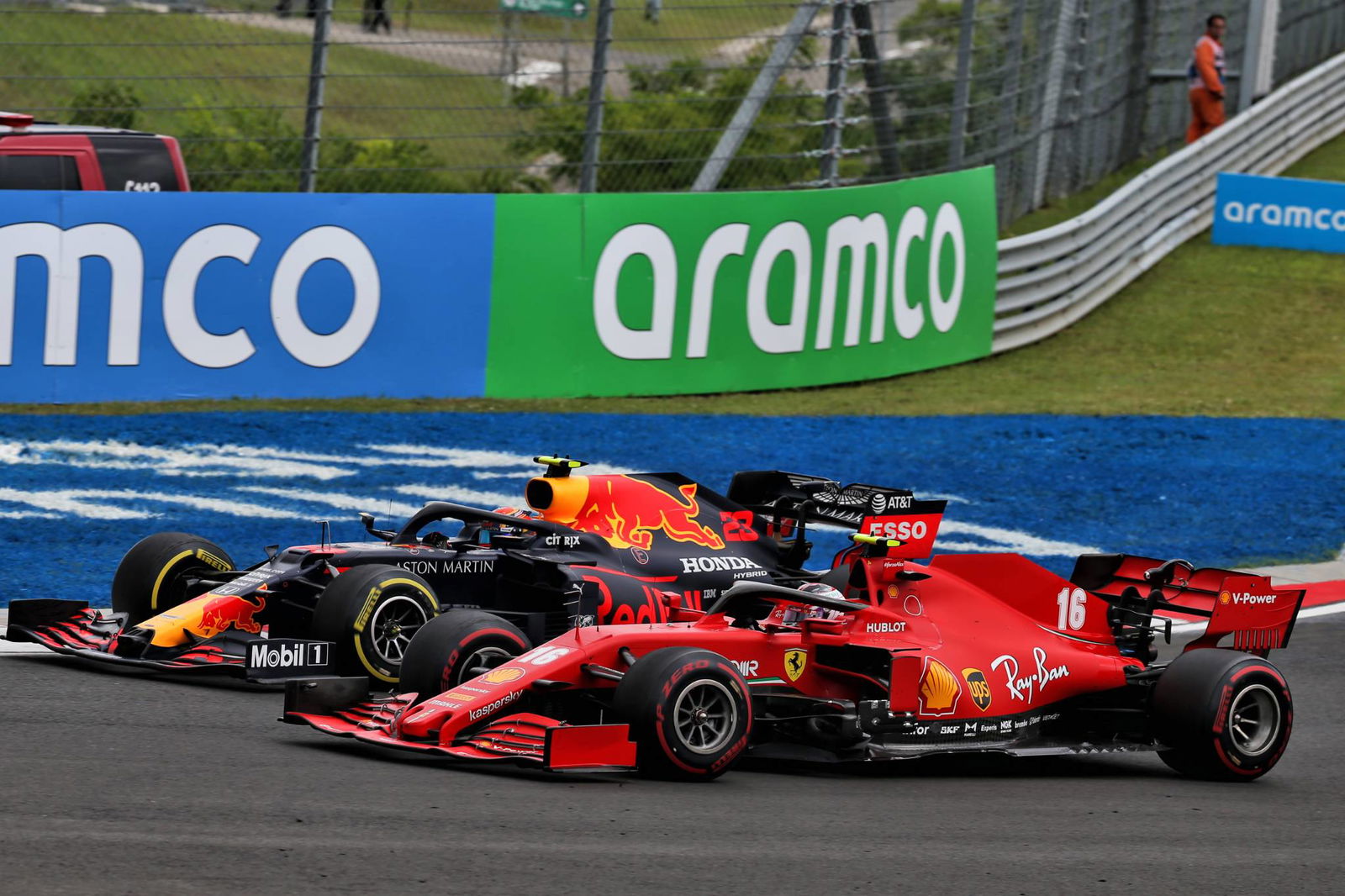Why Valtteri Bottas avoided ‘jump start’ F1 penalty in Hungarian GP

Mercedes Formula 1 driver Valtteri Bottas was not penalised for a ‘jump start’ at the Hungarian Grand Prix because he was not judged to have moved too soon.
The decision not to hand Bottas a penalty was a contentious one after the onboard camera on his Mercedes appeared to show his W11 lurch forward before the lights went out.
Bottas put his compromised start down to being distracted by a steering wheel light on, which prompted him to move prematurely.
The Finn bogged down before he accelerated again, allowing a number of cars to pass him on the long run down to Turn 1. He eventually recovered to finish third as he surrendered the lead of the championship to Mercedes teammate Lewis Hamilton.
Mercedes F1 team boss Toto Wolff said Bottas “definitely had a disadvantage” because he was forced to stop and start again, meaning he lost ground to his rivals.
Masi explained that the movement from Bottas’ car was within the tolerances of the sensors and systems used to determine what is a legal start.
Not the start that Valtteri Bottas was looking for
— Formula 1 (@F1) July 19, 2020
Michael Masi, FIA Race Director, said the movement was within the tolerance of the sensors and systems used to determine a jump start
But Bottas ended up losing several places in the run to Turn 1#HungarianGP #F1 pic.twitter.com/kUhGbnb7Xf
“The means by which a false start is determined is actually clearly detailed in the sporting regulations and has been the same process for a number of years, which is the transponder that’s fitted to each car is the judgement mechanism,” he said.
“There’s a sensor in the road [and] in the track as well. And there’s a tolerance within that.”
In a similar incident at last year’s Japanese Grand Prix, Sebastian Vettel avoided punishment for the same reason.
“As we saw in Japan last year, that [tolerance] is the determining factor,” Masi added. “So there was nothing further to have a look at.
“We spoke to the timekeepers immediately and they reviewed all the data and that was the end of the matter.”


